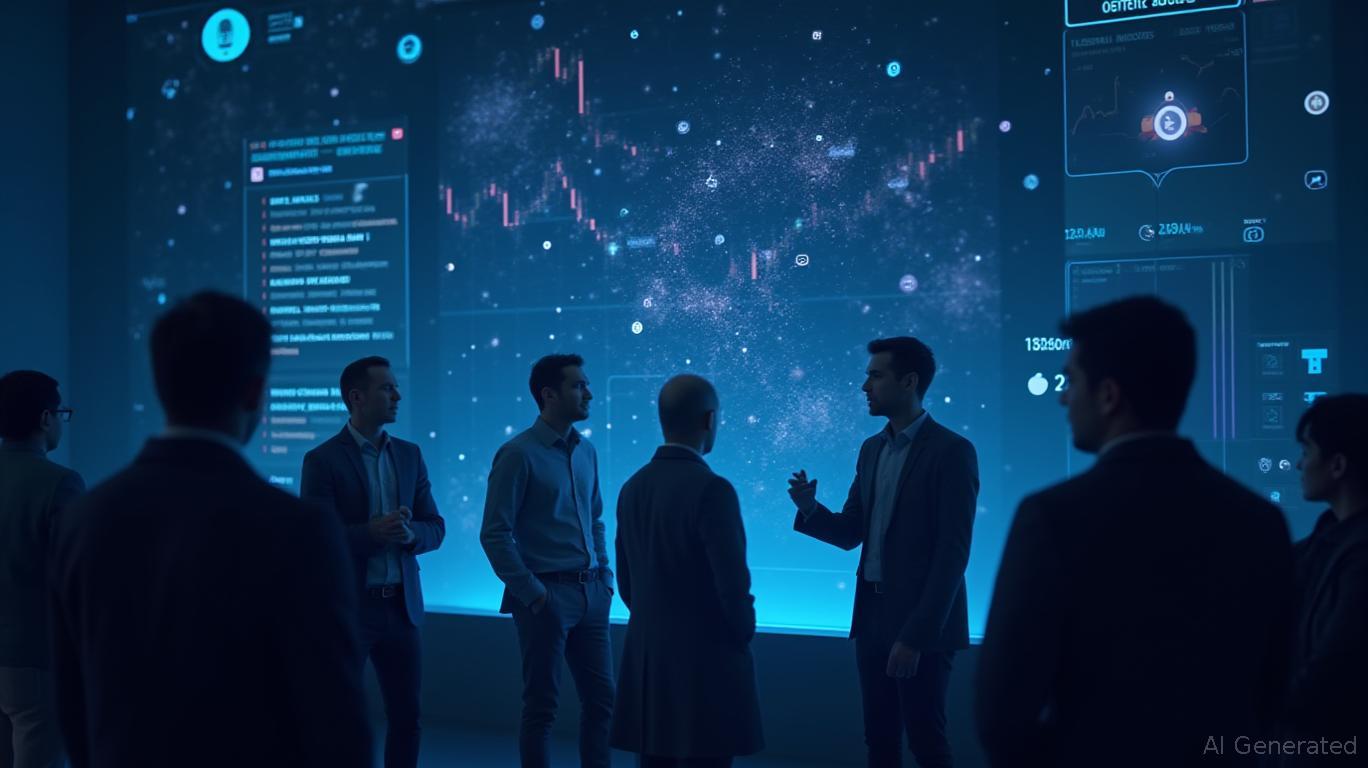MEV's Tendency to Centralize Poses a Challenge to the Fundamental Principles of DeFi
Maximal Extractable Value (MEV) is increasingly recognized as a significant obstacle to the broader adoption of decentralized finance (DeFi) by institutions. Industry leaders in the crypto space caution that MEV acts as an unseen fee for everyday users and threatens the stability of market operations. As noted in
The root of the problem lies in the transparency of transaction data before it is finalized, which allows arbitrageurs and validators to take advantage of unequal access to information. Research cited by Coinotag shows that retail participants bear as much as 80% of these associated costs, while institutions often steer clear of DeFi to avoid being front-run. Palepu stresses that this transparency issue undermines the reliability of the market: "When institutions are unable to engage efficiently, it negatively impacts everyone, including individual investors," he told Cointelegraph, highlighting that institutional involvement is typically essential for creating more robust and liquid markets.

Trusted Execution Environments (TEEs) are being explored as a promising remedy. These secure computing frameworks encrypt transaction data on the client side and only decrypt it within a protected enclave after the transaction order is set. By concealing transaction order flow until execution, TEEs remove the possibility for front-running and sandwich attacks, as described in Coinotag’s analysis. Palepu emphasized their potential: "Their real strength lies in processing trades confidentially, so your trading strategies remain private until the transaction is complete," he explained to Cointelegraph.
Statistics highlight the widespread impact of MEV. According to an analysis referenced by the European Securities and Markets Authority (ESMA), 24% of
There is ongoing debate within the industry about whether the prevalence of MEV could lead to greater centralization in DeFi, which would go against its core principles. Supporters believe TEEs could pave the way for massive institutional investment by rebuilding confidence, while skeptics warn that technical and governance challenges must be overcome. As
---